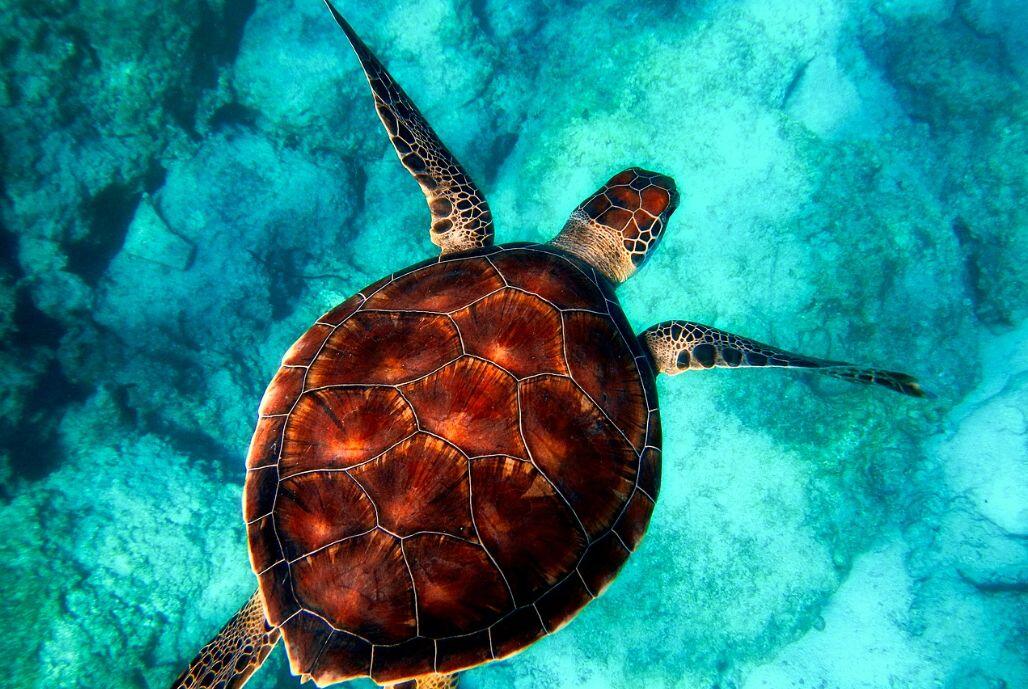These days more of us have been thinking about environmental issues and about our own impact on the environment. There are many small things that we can do to protect the environment, especially the oceans and the marine environment. You can start by taking some of these steps in your everyday life and making some small changes to your lifestyle.
There are many global grassroots and non-profit organizations which work hard to save our oceans. They focus on various areas such as the protection of coral reefs, marine pollution and the protection of whales and dolphins. Members of the public can join these organizations and contribute to the protection of the oceans. For example, Surfers Against Sewage fights pollution of the seas.
Plastics
The first thing we can do is cut our use of plastics. There are so many microplastics in the oceans nowadays. These are tiny particles of plastic that have been broken into smaller pieces, but they are not biodegradable. This means that when fish and other marine life consume them they then get consumed by the next organism in the food chain.
An easy way to cut your plastic consumption is to look at food packaging. In the supermarket, you can choose not to use plastic for vegetables. Or, in some health food stores, you can bring your own container and refill it with pasta, rice or other grains. Many governments have imposed a fee on plastic bags, so remember to bring your own.
Change Your Diet
The fishing industry has a huge impact on the environment, such as the impact of overfishing on fishing stocks which has caused a decline in some species. Or the physical damage caused by the fishing technique. For example, trawling is when a fishing net is dragged along the ocean floor. This means the net catches everything it comes to contact with.
You could even take this step even further by going vegan and not eating any animal products. Not only would this reduce the demand for fisheries, but it could also help reduce the impacts of climate change on the oceans. The meat industry is a significant contributor to methane emissions which can add to climate change and increase the ocean’s temperature.
Think about What You Put Down the Toilet
Non-biodegradable materials which are put down the toilet often end up on our beaches. This includes cotton buds, condoms, baby wipes and tampons. This can affect the green flag rating of our seas, making them unsafe to swim in. It’s also obviously disgusting to see lots of litter on our beaches, which can be a real turn off for tourists and holidaymakers.
Another thing to consider is the sunscreen that you wear. If you tend to go swimming after wearing sunscreen this can have a surprising effect on ocean life. The chemicals octinoxate and oxybenzone are in many sunscreens. When these wash off your skin and into the sea they can cause bleaching of coral reefs, this means the reefs turn white and die.
Reduce Your Carbon Emissions to Protect the Marine Environment
Climate change has a varying effect on the oceans. As mentioned above, coral reefs are extremely sensitive, not only to chemicals but also to changes in temperature. If ocean temperatures rise, even by only a few degrees, it could have a devastating effect on coral reefs. Whole ecosystems could die out due to warmer oceans, changing the face of the ocean.
Travel Responsibly
When booking that snorkelling or diving trip, check the credentials of the operator to see if they are responsible. Group numbers should be limited and participants educated on how to behave in the water, such as not touching corals and marine life. You could consider staying in an eco-hotel that recycles its rainwater and encourages guests to reuse towels and sheets.
Shop Responsibly
Consider buying eco-friendly cleaning products or even making your own using vinegar, lemon juice or baking soda. Remember that anything we put down our drains can potentially end up in our oceans. So try to opt for organic or vegan cleaning products instead. Chemicals in our oceans cause pollution which affects the health of the animals and plants living in them.
We should also consider shopping ethically. This means not choosing any products which come from the ocean such as pearls, shells, or coral. You could also consider where they make the items. Think about how many miles the product has travelled and what its carbon footprint is because of this. Choosing locally made products should generally have a lower carbon footprint.
There Are Lots You Can Do For the Marine Environment
You can choose to donate to a charity of your choice by making a one-off donation or setting up a direct debit to donate regularly. Or, you could volunteer with a local organization. Changing your diet and shopping sustainably can reduce the impacts of fishing on the oceans. Finally, travelling with reputable companies can help mitigate human impacts on the oceans.
Related posts:








Useful information. Fortunate me I found your web site unintentionally, and I am stunned why this twist of fate didn’t happened in advance! I bookmarked it.